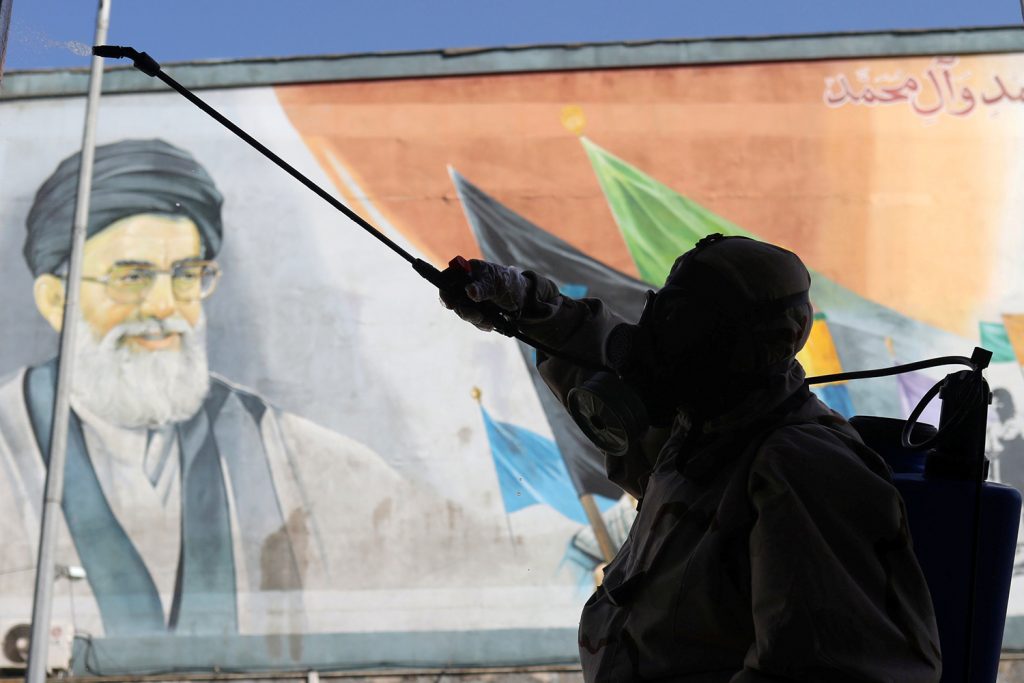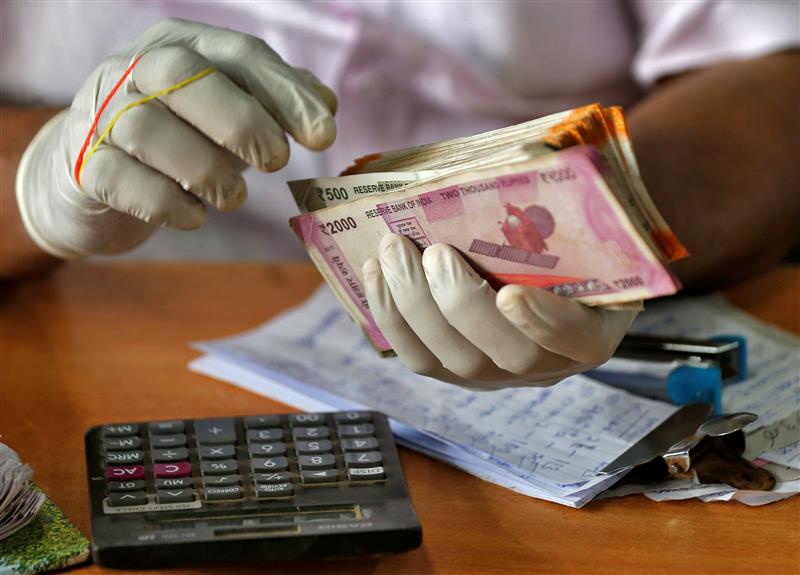The following interview was conducted on April 7th, 2020.
On the 7th of April 2020, the South Asia Center and the Future of Iran Initiative hosted a virtual panel on Iran and Afghanistan’s public health response to the COVID-19 pandemic, moderated by Nonresident Senior Fellow Fatemeh Aman. The panel consisted of Dr. Fatima Rezaei, Iran Country Representative for the CHD Group, Dr. Sayed Khalid Rashid, Cardiac Surgeon at the Punjab Institute of Cardiology, and Dr. Kamiar Alaei, Associate Dean for Global and Interdisciplinary Research at the State University of New York (SUNY) at Albany.
Dr. Rezaei began by touching on the three biggest challenges faced by Iran in containing the outbreak: US sanctions, an ongoing economic slowdown, and the government’s failure to enlist the help of community-based organizations in enacting proper social distancing measures. Sanctions have both directly and indirectly hindered access to medical equipment and pharmaceuticals, with negative repercussions for the general public. Economic difficulties undermined the importance of social distancing, and people are hoping to reopen businesses and offices. Disinformation on social media is a major problem as some in Iran have died resulting from pseudo-cures spread online such as consuming industrial alcohol. Dr. Rezaei argued that government authorities need to stop providing inaccurate medical advice and, instead, speak through a singular voice so that the people know where they can look for information.
Dr. Rashid emphasized Afghanistan’s dire situation in the pandemic due to a dearth of healthcare resources, citing a lack of intensivists, testing kits, ventilators, adequate oxygen, and personal protective equipment (PPE). He expects the situation to worsen in the coming weeks as Afghanistan is heavily reliant on imports and has not been able to close its borders, leading to an influx of refugees from Iran and patients travelling to Pakistan to receive treatment. Dr. Rashid argues that the government can make a positive impact by improving testing capacity and patient surveillance. He also discussed the important role of community and faith-based organizations in tackling the religious misinterpretations and social stigma which have been discouraging people from practicing social distancing and seeking testing when symptoms appear.
Dr. Alaei explained that, while improving healthcare infrastructure is vital, the key to responding effectively to the novel coronavirus is aligning the attitude of stakeholders and politicians to the severity of the crisis. He cited Oman, Kuwait and the United Arab Emirates as examples as they took quick action in response to the pandemic as opposed to more gradual responses like that of the United States. Afghanistan should place a greater emphasis on its diagnostic measures at borders, and make official requests for international aid, especially for testing.
The panelists reached a consensus on the two most important measures Iran and Afghanistan must take to combat the pandemic: 1.) to improve testing capacity and avoid underreporting, and 2.) mobilize community-based organizations which can help policy makers build trust with the people and improve public outreach.
Fatemeh Aman is a Nonresident Senior Fellow at the South Asia Center.
Dr. Fatemeh Rezaei is the Iran Country Representative for the CHD Group.
Dr. Sayed Khalid Rashid is a member of the specialist committee Afghanistan Medical Council; a cardiac surgeon and public health expert; President of the Afghanistan Islamic Medical Association (AIMA); and Chief Executive Officer of the National Alliance to Fight COVID-19 (NAF COVID-19).
Dr. Kamiar Alaei is the Associate Dean for Global and Interdisciplinary Research at the State University of New York (SUNY) at Albany.
Event:
Image: A volunteer from Basij forces wearing a protective suit and face mask sprays disinfectant as he sanitizes a bus station, amid the coronavirus disease (COVID-19) fears, in Tehran, Iran April 3, 2020. WANA (West Asia News Agency)/Ali Khara via REUTERS ATTENTION EDITORS - THIS PICTURE WAS PROVIDED BY A THIRD PARTY

